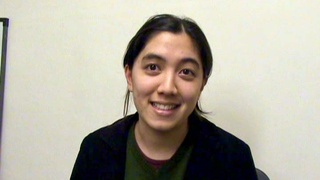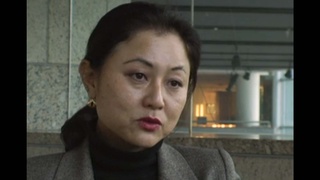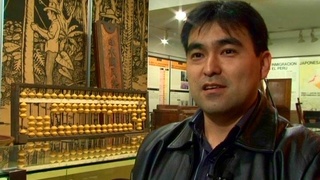Interviews
Presenting nebuta from hometown Aomori at Nisei Week (Japanese)
(Japanese) Since I’ve lived in America for a long time, like many people do, I think about my hometown a lot - well, about Japan, too - and I wanted to bring something about my hometown to America, and “nebuta” was the one I got really attracted to. Since 2007, a company had performed it and when they were about to end we took it over from 2008, we asked the company to pass it over to us and started “nebuta.”
At that time we made something like this in Japan and brought it here, built it here and showed the real “nebuta” from Aomori to everyone at the Nisei Week parade, and people were really moved to tears – I cried, too, for I got so nostalgic. And because we had such an experience, we decided to do it every year.
Date: April 16, 2016
Location: California, US
Interviewer: Mistue Watanabe
Contributed by: Watase Media Arts Center, Japanese American National Museum







